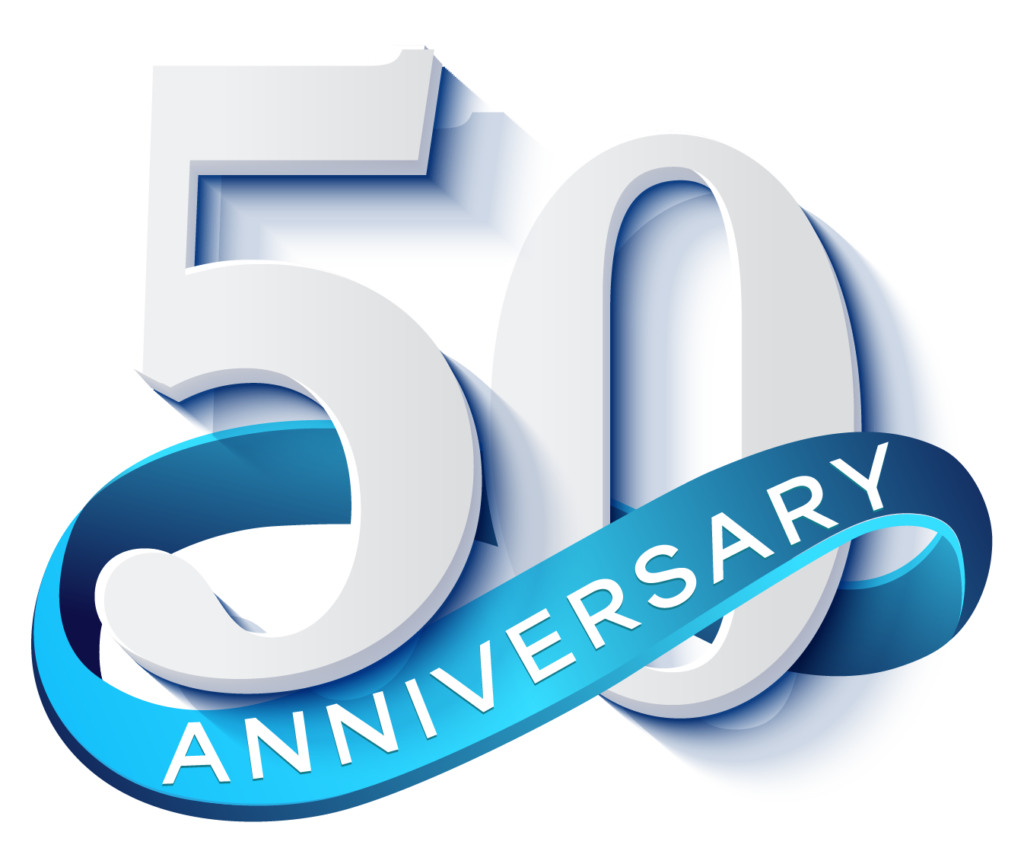When it comes to business, the use of personality tests for team building has become a strategic imperative. According to Forbes, an overwhelming 80% of Fortune 500 companies recognize the power of personality tests for team building, highlighting their integral role in shaping high-performing teams.
Business leaders are increasingly turning to these tools to cultivate teams that resonate with synergy and productivity. Aligning individual personality traits with team dynamics emerges as a key strategy, offering benefits such as improved team communication, conflict mitigation, and collective innovation—crucial components in propelling businesses toward their goals. In this blog post, let’s explore personality tests for team-building, delving into their benefits, various types, and best practices for seamless implementation in the workplace.
Understanding Personality Types
Let’s peel back the layers of each personality type to reveal how every individual’s unique wiring can contribute to the team. Psychologists have studied personalities for decades, and while there are numerous theories on personality traits, one of the most widely used is the MBTI personality test.
Personalysis: Science-Based Assessment Tool
While the MBTI falters with its binary approach and lack of scientific evidence, Personalysis is a personality test for team building that is science-based.
Personalysis diverges from traditional typological approaches by providing a dynamic portrayal of personality in action, captured through a multifaceted profile. It elucidates three core aspects of an individual’s persona: the sources of their fundamental confidence, their unique social interaction styles, and how they manifest their purpose and passions. The Personalysis assessment tool avoids the narrow lens of personality types, enabling a deeper understanding of individual nuances and fostering improved inclusion and collaboration in team settings.
Not to mention, proven for nearly 50 years, Personalysis offers a credible alternative to the binary limitations of other personality assessment tools. It engages in rigorous psychometric testing to ensure the framework not only measures various dimensions of personality but does so with consistent results over time. Unlike other assessments that may oversimplify the complexity of human behavior, Personalysis provides a scientifically sound, comprehensive analysis that delves into the intricate fabric of an individual’s professional personality profile, ensuring that its insights are both valid and actionable in a team-building context.
Benefits of Personality Tests in Team Building
As we navigate human interaction in the workplace, the application of personality tests in team building emerges as a keystone for cultivating a robust and synergistic professional environment. Below, we explore the multifaceted benefits of these tools in transforming teams into more cohesive, collaborative, and effective units.
Improved Communication
Team-building personality tests are invaluable in breaking down barriers to improved team communication by helping team members understand the different communication styles within the group. For example, the Personalysis assessment tool can provide insights into how your team would like to receive information, what they respond best to, and how they prefer to give feedback. By understanding these preferences, individuals can communicate more effectively with each other, leading to fewer misunderstandings and conflicts.
Enhanced Collaboration
When each team member has an awareness of their own and others’ personality types, it becomes easier to strategize collaborative efforts. A research article published in the Harvard Business Review expounds that diversity in cognitive functions, as highlighted by personality assessments, can lead to more innovative problem-solving. When individuals know their strengths and weaknesses, teams can assign tasks more effectively, playing to each member’s preferences and skills, resulting in productive and fulfilling teamwork.
Team Dynamics Optimization
Finally, optimizing team dynamics with the aid of personality assessments allows for a more strategic assembly of teams based on complementary traits and skills. This process can reduce conflicts, promote empathy and understanding among team members, and create a more collaborative work environment. Additionally, by leveraging the insights gained from personality tests, teams can develop tailored strategies for managing conflicts should they arise.
Selecting the Right Personality Test
Selecting the right personality test is a strategic endeavor that can either unlock a team’s potential or lead to an unproductive fixation on labels. As the cornerstone for personal and professional development within an organization, the decision must be nuanced and informed, reflecting both the ambition and the ethos of the corporate culture.
Considering Team Goals and Objectives
When choosing a personality test for team building, it is essential to consider the goals and objectives of the team. If the primary focus is communication, an assessment tool that delves into individual communication styles may be more suitable. Alternatively, if the goal is to foster innovation, then a cognitive diversity-based personality test may be preferable.
Reliability and Scientific Validity
Additionally, the reliability and scientific validity of a personality test should also be taken into account. As seen with the MBTI, some tests lack scientific evidence to support their theories and may even perpetuate stereotypes. It is crucial to select an assessment tool that has undergone rigorous testing and holds up to scientific scrutiny.
On the other hand, the Personalysis assessment tool has been proven effective for nearly 50 years and has undergone rigorous psychometric testing to ensure its reliability and scientific validity. Your overall goal as a team leader is to build a stronger and more cohesive team, so it is crucial to select a personality test that provides valid insights and actionable strategies.
Accessibility and Implementation
Accessibility and ease of implementation are also critical factors to consider when selecting a personality test. The test should be user-friendly, with clear instructions and actionable insights. Furthermore, support for implementation—from training workshops to follow-up sessions—is essential for maximizing the test’s benefits.
By employing the Personalysis assessment tool in team-building, leaders gain an in-depth understanding of their team’s diverse personalities which illuminates the path toward superior cohesiveness. Pinpointing individual contribution, communication, and decision-making styles through Personalysis guides teams to not just achieve results, but also maintain a harmonious and engaged work environment. This understanding, enriched by tailored strategies from the personalized reports and consultations, ensures that each team member’s strengths are harnessed collectively, fostering a deeper connection with employees and evolving collaboration and emotional intelligence within the team.
The Role of Leadership in Utilizing Team Personality Tests
The sharp application of personality test insights by leadership is the linchpin in transforming individual strengths into a cohesive, high-performing team. Leaders must not only decipher the data but exemplify and enforce the application of such knowledge to foster an environment ripe for growth and collaboration.
Leaders as Role Models
Leaders have the profound capacity to set the tone for a team’s culture and effectiveness. As role models, they must embody the principles of personality assessments and be the exemplar of leveraging individual traits for the betterment of the team. Research shows that leaders who practice what they preach empower their teams, instilling a culture of authenticity and mutual respect. The act of a leader harnessing their feedback to improve not only validates the assessment process but also motivates team members to engage in self-improvement endeavors without apprehension.
Implementing Feedback Loops
The incorporation of structured feedback loops into team processes is critical in ensuring continuous improvement and accommodation of evolving team dynamics. A feedback loop, according to research in the Association for Psychological Science, acts as a mechanism through which teams can regularly reflect on the applications and outcomes of personality insights, enabling adjustments and fostering a culture of open communication.
Effective feedback loops facilitate ongoing learning and adaptability as they guide teams to iteratively refine their interactions and work processes. This principle underlies high-performing teams where feedback is welcomed, acted upon, and seen as a cornerstone for development and innovation.
Summary
The strategic use of a personality test for team building is a game-changer for any organization. Understanding the significance of selecting the right assessment tool and applying its insights effectively is crucial for fostering a high-performing, harmonious team culture. With accessibility, scientific validity, and leadership buy-in, teams can leverage their unique personalities to unlock their potential and drive success.
Remember, team building is not a one-time event but an ongoing process that requires continuous effort and commitment from all members. By utilizing the Personalysis assessment tool, leaders can continuously monitor and adjust team dynamics to maintain a strong, cohesive team culture.
So why wait? Start your journey towards a high-performing team today!




